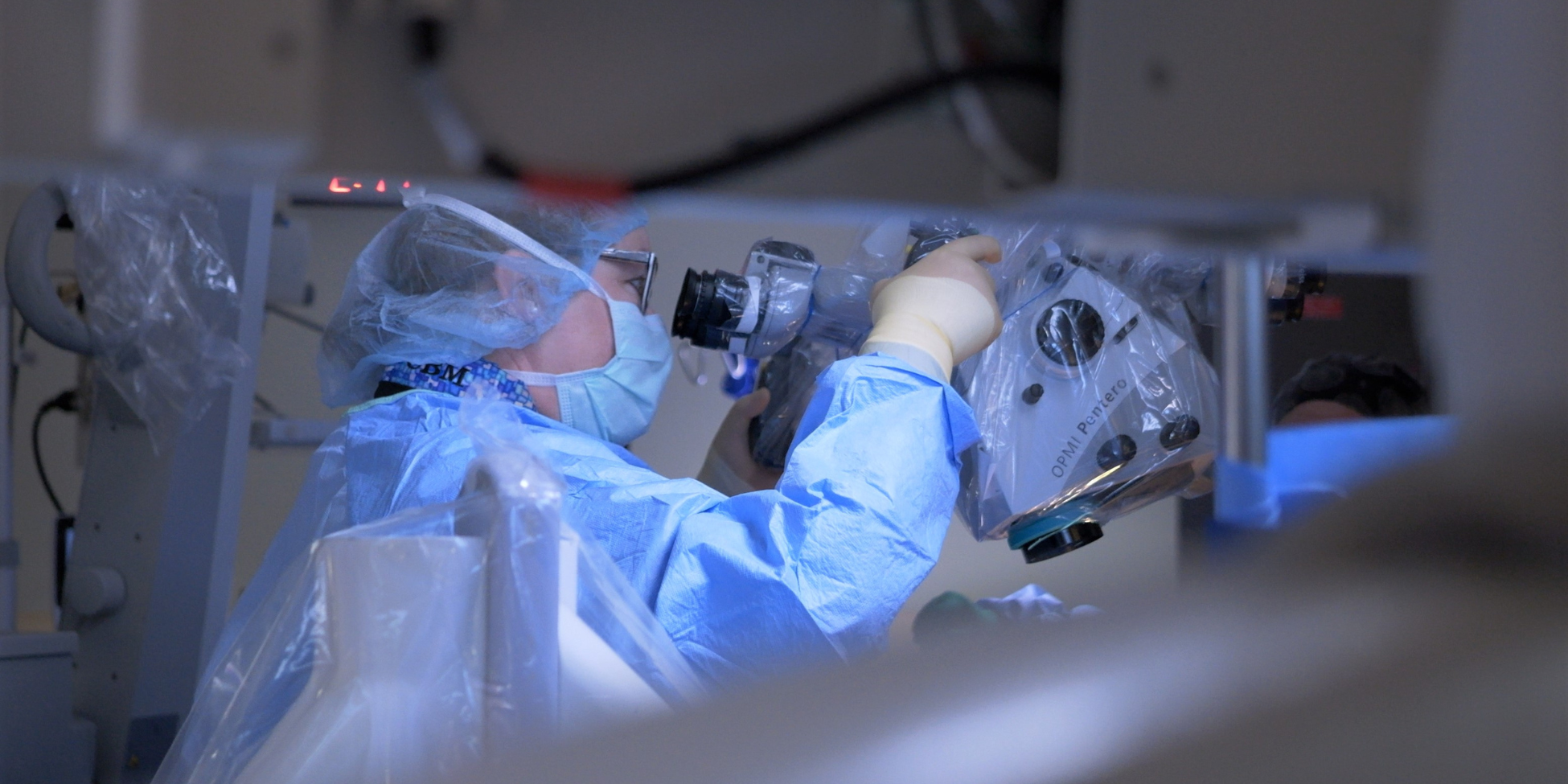
Pediatrician answers questions about required vaccines
As a pediatrician, I get lots of questions about vaccinations — especially when families are gearing up to head back to school. I wanted to share some of the most common questions I get to help ease fears of parents … and the child getting the shot:
What vaccines does my child need?
Depending on their age, there are many vaccinations that children need. We as pediatricians typically follow the CDC guidelines and vaccination schedule.
When does my child need them?
By 4 years old, most children are caught up on vaccinations required for school. For most kids, the yearly flu shot offered in the fall is the only shot they will need for several years. The next set of immunizations typically begins between the ages of 11 and 13 with TDaP, HPV, and meningitis.
What do you tell parents who aren't sure if they should vaccinate?
Immunizations are the best thing that you can do for children to help them have a safe and healthy life. Vaccines protect them from illnesses that can cause permanent damage to their health or even death. Literature and research supports the use of vaccinations and their safety and efficacy. We encourage parents to talk to us about their questions and concerns so that they can make an informed decision.
What happens if my child isn't fully vaccinated before school?
In most situations if you are not fully vaccinated before school begins, the student will not be allowed to start the school year.
Can any of these vaccines make my child sick or run a slight fever?
Some children may experience mild symptoms after vaccinations that we review with parents. These symptoms usually include fever and redness. Sometimes children can have a fever for a day or two, or there may be a little bit of redness or irritation at the injection site. These reactions are harmless and will resolve quickly, and fever or pain medicines can help reduce these symptoms.
What are ways to help my child feel better after getting a shot?
For children, we do have special treats that distract them from the temporary discomfort.
Jack Cleland, MD, is a pediatrician at Medical Group of the Carolinas — Pediatrics — North Grove in Spartanburg. To make an appointment with Dr. Cleland, call 864-560-6345.












